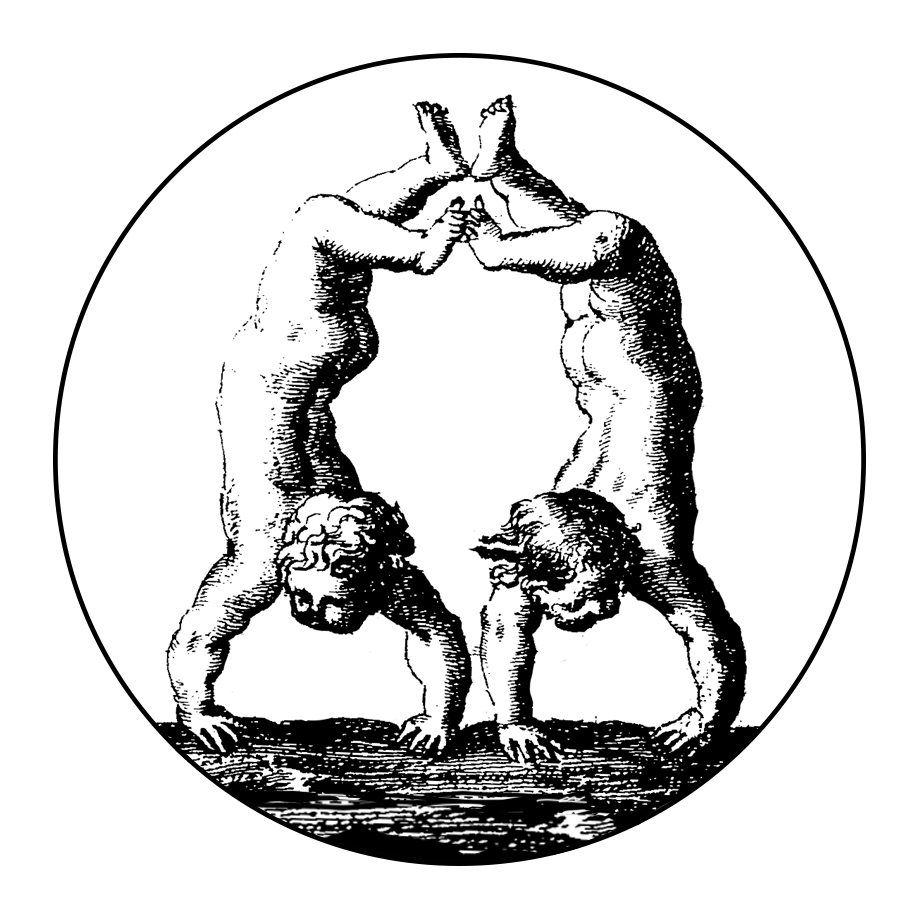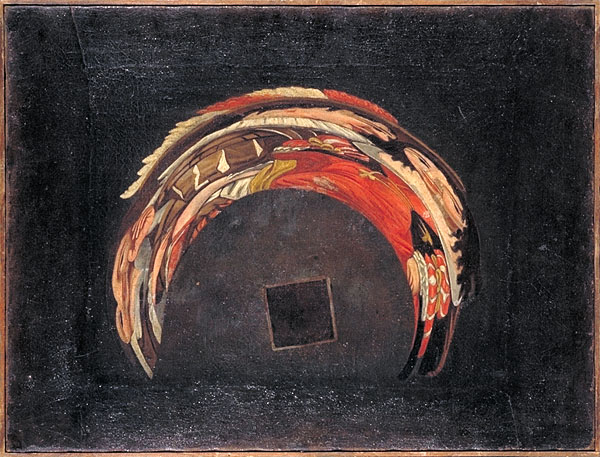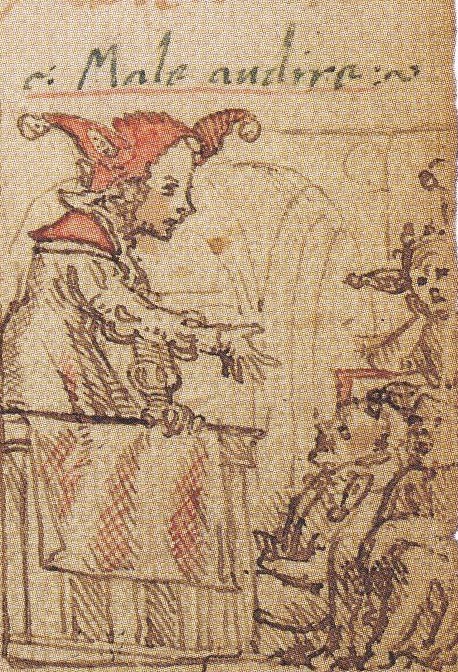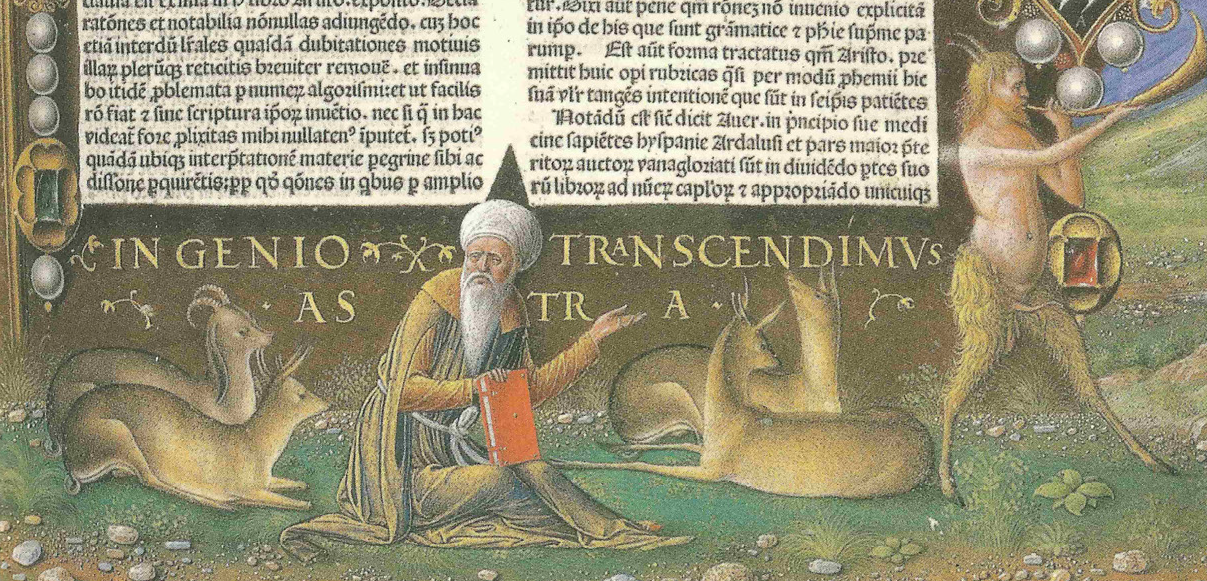CEMP
Classical and Early Modern Paradoxes in England
The CEMP project provides an open-access digital archive of texts pertaining to the genres of the paradox, of the paradoxical fiction, and of the problem, which were published in England in the sixteenth and seventeenth century, and which are currently unavailable online and/or not open access. Our digital archive features diplomatic, semidiplomatic, and modernised editions of selected works, furnished with critical apparatuses and editorial notes, alongside related documentary materials, which, in turn, are relevant to poetic and dramatic texts of the English Renaissance.
These texts provide fundamental testimony of the early modern episteme, functioning as a hinge joining widespread forms of the paradoxical discourse in different genres and texts and within the development of sceptical thinking.



